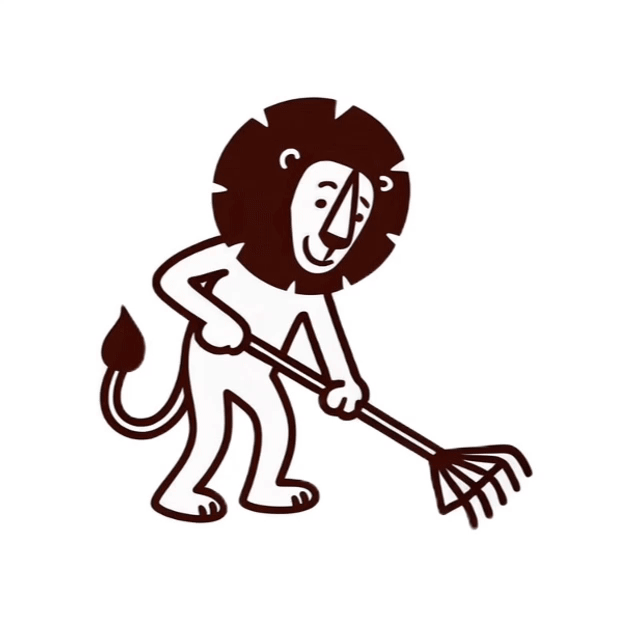When the idea of starting a coffee business first crossed my mind, I knew there had to be a deeper purpose to this business than simply selling good coffee. After all, starting a specialty coffee company in 2024 isn’t exactly a ground breaking concept. Canada already has enough cafés and roasters to keep us all happily caffeinated for a lifetime.
Now, as I began digging deeper into the coffee supply chain, I quickly realised just how broken it is.
Here’s the reality: roughly 75% of the world’s coffee—grown in countries across Africa, Latin America, and Asia—is exported to the global north. Which means, the people living in the regions that grow coffee often don’t even get to enjoy the fruits of their own labour. Worse still, they’re rarely paid fairly for it.
Globally, 60% of the world’s coffee comes from about 25 million smallholder farmers. Nearly half of these farmers live below the poverty line, surviving on less than $2.50 a day. Why? Because most of the profits in coffee are made at the very end of the chain—by companies like mine—selling bags of coffee for $20–$28.
If the global coffee industry is worth roughly $200 billion, only about 10% of that value stays in producing countries like Kenya—and an even smaller 5% makes it into the hands of the farmers themselves. The result? Many farmers can’t even cover their costs after a harvest. To bridge the gap, they’re forced to take on debt, trapping them in a vicious cycle of poverty that can persist for generations.
That didn’t sit right with me.
I realised something important: the biggest mark-ups in coffee happen at the end of the chain. That means businesses like ours have the greatest ability—and responsibility—to change how money flows back to the people who make coffee possible.
So we created our revenue sharing model. Through it, we give a portion of our sales revenue directly back to the farmers who grow our coffee. This isn’t a marketing gimmick—it’s a way to shift value in a way that’s tangible. In fact, we increase farmer compensation by roughly 36% compared to Fairtrade prices.
Now, you might be thinking: “You’re selling a bag for $20—5% of that is $1. What difference can that really make?”
Here’s the thing: in Canada, $1 might not get you much more than a chocolate bar. But in Kenya, that $1—when you factor in purchasing power parity, currency exchange rates, and the multiplier effect—has the impact of about $6.02 in the local economy. That can mean more food on the table, school fees paid on time, or reinvestment into farming equipment.
For us, this is what Kooky Koffee is about. We’re not just here to roast and sell coffee—we’re here to make the coffee value chain a little more equitable, one bag at a time.
Revenue sharing won’t solve every problem in the industry. But it’s a start. And if more companies took responsibility for where their profits go, we’d see a global coffee economy that actually works for the people who grow it.
Author: Digveer Singh (Co-Founder, Kooky Koffee)

